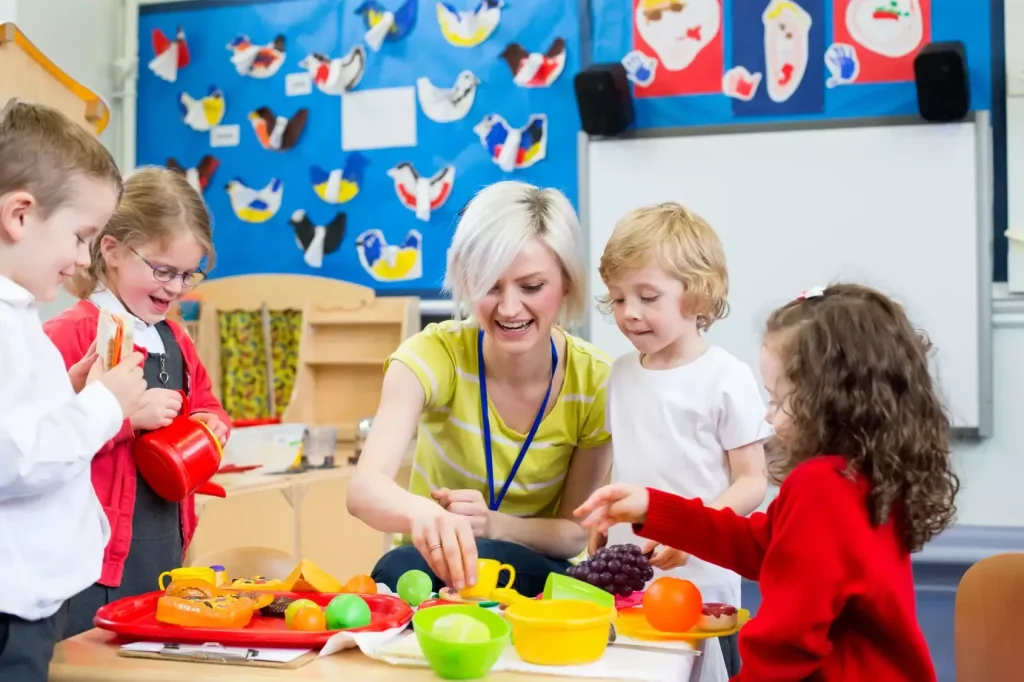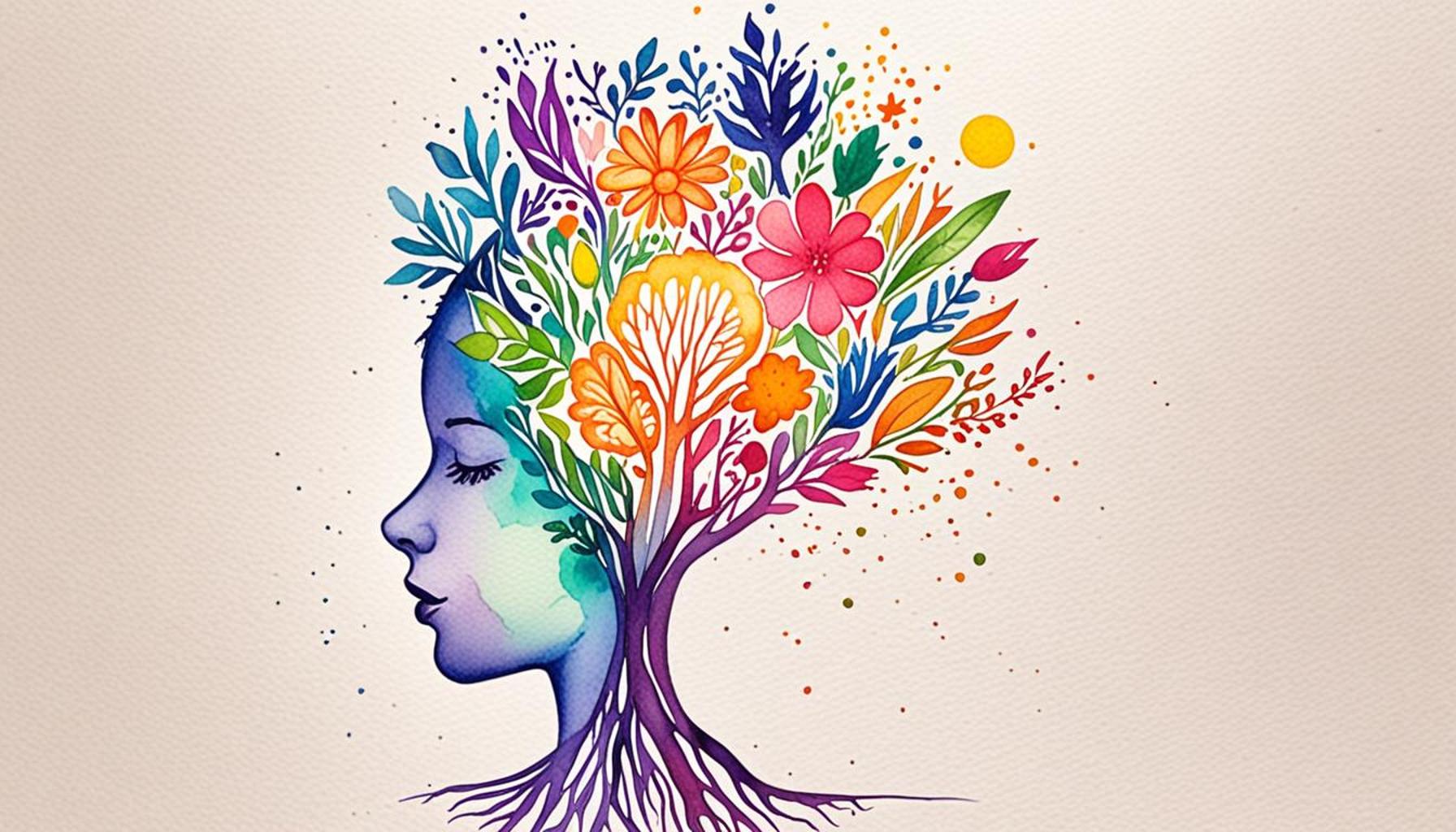The importance of self-assessment in learning strategies to foster a growth mindset

The Importance of Self-Assessment in Educational Growth
Self-reflection is a powerful practice that can transform the way learners engage with their education. Self-assessment allows individuals, especially students, to critically evaluate their knowledge, skills, and areas for personal growth. This ongoing process not only equips them with insights into their learning journey but also nurtures a growth mindset. By embracing the idea that abilities can be developed through effort and persistence, students can cultivate a healthier approach to challenges and setbacks.
The educational landscape in Nigeria is undergoing significant changes, with technology and innovative teaching methods reshaping traditional practices. This transformation highlights the critical need for effective learning strategies, making self-assessment all the more relevant.
- Enhances Self-Awareness: Self-assessment encourages students to recognize their unique strengths and weaknesses. For instance, a student may excel in mathematics but struggle with oral presentations. By identifying these disparities, learners can direct their efforts toward improving specific skills, fostering a more balanced academic profile.
- Encourages Responsibility: Taking ownership of one’s learning is crucial in developing autonomy and intrinsic motivation. When students assess their own progress, they become more accountable for their outcomes. This sense of responsibility can lead to increased commitment to studies, driving them to seek additional resources or support when needed.
- Facilitates Goal Setting: Through self-assessment, students can set realistic and attainable goals tailored to their individual needs. For instance, a student may aim to improve their English grade by focusing on writing skills. This clarity in goal setting creates a roadmap for progress, making the larger objective feel more approachable.
Numerous studies have indicated that educational frameworks that incorporate self-assessment yield high levels of student engagement and academic success. However, many learners in Nigeria still overlook its significance. This article aims to illuminate how self-assessment fosters not only self-improvement but also resilience and a perpetual enthusiasm for learning.
As we examine this topic further, educators and students can uncover practical strategies to integrate self-assessment into their learning processes. By doing so, they can cultivate an environment that values growth and innovation, paving the way for a more enlightened educational future.
Ultimately, the potential for self-assessment to empower students and enhance their learning outcomes is profound. By actively engaging in this process, learners can build essential skills that will serve them well beyond the classroom, equipping them to navigate the complexities of the modern world. The journey of self-discovery and growth is ongoing, and embracing self-assessment is a critical step in that transformative process.

CHECK OUT: Click here to explore more
Harnessing Self-Assessment for Academic Progress
In today’s educational environment, especially within the Nigerian context, the significance of self-assessment cannot be overstated. It acts as a catalyst for learning, enabling students to take charge of their academic journeys. By systematically analyzing their performance and educational practices, learners can identify patterns in their behavior and study habits that either contribute to or hinder their progress. The self-assessment process promotes introspection, which is essential for cultivating a resilient growth mindset.
One of the primary benefits of self-assessment is its ability to build self-awareness. When students engage in reflective practices, they become conscious of their strengths and areas that require improvement. This process is particularly vital in Nigeria’s diverse educational landscape, where students may encounter varying teaching styles and curriculum demands across different regions and institutions. For example, a student from Lagos may find that his critical thinking skills shine in analytical subjects like physics, but he may need to focus more on comprehension and expression in subjects such as literature. Recognizing these strengths and weaknesses allows learners to tailor their study habits to suit their unique circumstances.
Moreover, self-assessment promotes a sense of responsibility in learners. When students hold themselves accountable for their achievements and setbacks, they foster a deeper sense of ownership over their educational experiences. This autonomy is especially pertinent for students in Nigeria, where the challenges of large classroom sizes and limited resources can often create a passive learning environment. For instance, a student who actively engages in self-assessment is more likely to seek additional help, whether through peer study groups or online resources, if they recognize a need to strengthen particular skills. Thus, the developmental outcomes of taking responsibility for one’s learning are profound.
Furthermore, self-assessment serves as an essential tool for goal setting. As students evaluate their progress and comprehend their educational pathways, they can create achievable academic goals. This process transforms vague ambitions into concrete objectives that promote sustained motivation. For instance, if a student aims to enhance their performance in mathematics, they might set a specific goal of completing extra practice problems three times a week. By establishing measurable targets, learners can monitor their growth and experience a sense of accomplishment as they move towards their objectives.
The role of self-assessment in fostering a growth mindset is reinforced by numerous studies that highlight its link to increased engagement and academic success. Despite its undeniable benefits, a significant number of Nigerian students remain unaware of the potential of this practice. It is essential, then, to explore not only the theoretical underpinnings of self-assessment but also practical methods to implement it in everyday learning contexts. By doing so, educators and learners alike can harness the power of self-assessment to nurture an enduring passion for education and personal development.
The Importance of Self-Assessment in Learning Strategies
Self-assessment plays a pivotal role in fostering a growth mindset. It empowers learners to take charge of their educational journeys, encouraging them to critically evaluate their own understanding and skill development. Through self-assessment, individuals can identify their strengths and areas for improvement, helping them to set realistic and achievable learning goals.One of the most significant advantages of incorporating self-assessment into learning strategies is the promotion of metacognition, which is the awareness of one’s cognitive processes. By reflecting on what strategies work best and where they struggle, learners can adapt their approaches, enabling them to enhance their problem-solving skills. This adaptability is essential in cultivating a growth mindset, where challenges are viewed as opportunities for development rather than obstacles.Additionally, self-assessment encourages a culture of continuous feedback. When learners regularly assess their progress, they are likely to solicit more constructive feedback from peers and educators, creating an interactive learning environment. This collaboration is fundamental for nurturing resilience, as it teaches learners to value input and criticism as tools for personal growth. It is crucial to embrace the idea that self-assessment is not simply a tool for evaluation but rather a catalyst for learning. The objective is to build confidence, instill a sense of agency, and ultimately shift the focus from performance to the process of learning. Armed with the knowledge gained from self-assessment, learners can more effectively cultivate a growth mindset—a belief that abilities can be developed through hard work and dedication.
| Category | Description |
|---|---|
| Self-Awareness | Understanding one’s strengths and weaknesses for targeted improvement. |
| Goal Setting | Creating achievable objectives to foster motivation and direction. |
| Feedback Loop | Encouraging constructive criticism for continuous improvement. |
| Resilience Building | Learning to embrace challenges and setbacks as growth opportunities. |
RECOMMENDED: Check out this similar article
Developing Effective Self-Assessment Techniques
The journey toward a fruitful growth mindset hinges not only on the understanding of self-assessment’s importance but also on the development of practical and effective techniques to incorporate it into daily learning. Educators and learners can employ various methods to facilitate this process, helping students in Nigeria unlock their true potential.
One effective approach to self-assessment is through the use of journals. Keeping a learning journal allows students to document their thoughts, successes, and challenges on a daily or weekly basis. By reflecting on different subjects, learners can track their evolving understanding and evaluate the effectiveness of their study strategies. For instance, a student preparing for the West African Senior School Certificate Examination (WASSCE) might use their journal to note whether group study sessions enhance their grasp of complex topics or if solitary review sessions prove more beneficial. With consistent journaling, patterns will emerge that illuminate the most effective strategies, serving as valuable insights for future learning endeavors.
Another influential technique involves peer assessment. Engaging in collaborative learning with classmates allows students to provide and receive constructive feedback on their work. This interaction not only promotes self-reflection but also broadens perspectives on various approaches to problem-solving. For example, during class discussions in a secondary school in Abuja, students might express divergent views on a literary piece, challenging each other to articulate their thoughts more critically and clearly. This exchange of insights fosters a supportive environment conducive to the growth mindset, as learners see the value in learning from their peers’ experiences.
Rubrics are also instrumental in the self-assessment process. By employing detailed criteria for assignments and assessments, students can evaluate their performance methodically. These guidelines can help learners to identify where they excel and where improvements are necessary. For instance, a rubric for an essay might detail expectations regarding structure, argument strength, and clarity of expression. Upon review, students can assess their completed work against these criteria, pinpointing specific areas for enhancement and growth. Utilizing rubrics empowers Nigerian students to take ownership of their learning, driving home the necessity of refined skills that foster future educational success.
Additionally, incorporating SMART goals (Specific, Measurable, Achievable, Relevant, Time-bound) into self-assessment practices can drastically improve outcomes. By delineating clear objectives, students cultivate a pathway toward achieving their academic aspirations. An aspiring engineer, for instance, might set a specific goal of mastering calculus by attending two additional tutoring sessions each week for the next month. As they track their progress, they can adjust their methods to ensure that they remain on course to meet their learning objectives. This targeted approach nurtures a sense of purpose, encouraging a proactive attitude toward learning challenges.
Emphasizing the importance of self-assessment goes beyond personal reflection; it is crucial in developing a robust educational framework in Nigerian schools. By equipping students with the skills and tools necessary for effective self-evaluation, they not only build accountability and responsibility but also foster a shared culture of improvement. When students learn to engage in self-assessment, they inevitably pave the way for academic resilience, constructively shaping their views on learning and ability as they navigate the complexities of education.
RECOMMENDED: Check out this similar article
Conclusion
In the dynamic landscape of education, particularly within the Nigerian context, self-assessment emerges as a pivotal component in nurturing a growth mindset among students. While traditional assessment methods often emphasize grades, self-assessment encourages learners to evaluate their journey through a more introspective lens. By harnessing tools such as journals, peer assessments, rubrics, and SMART goals, students gain a deeper understanding not just of their academic performance but also of their learning habits and patterns.
The benefits of adopting a culture of self-assessment extend far beyond individual performance; they lay a foundation for a collaborative educational atmosphere where shared insights foster mutual support and growth. As students embark on the path of self-reflection, they become more adept at recognizing their strengths and areas for improvement, which cultivates resilience and adaptability—qualities that are indispensable in today’s rapidly changing world.
Moreover, by embracing self-assessment, Nigerian students can dismantle the fear of failure that often stifles creativity and innovation. Instead, they learn to view challenges as opportunities to grow and enhance their skills. As such, educational frameworks that integrate self-assessment not only empower students to take ownership of their learning processes but also inspire them to strive for excellence beyond conventional measures. Ultimately, fostering a growth mindset through self-assessment equips learners to navigate their academic pursuits with confidence and determination, paving the way for lifelong learning and success.


